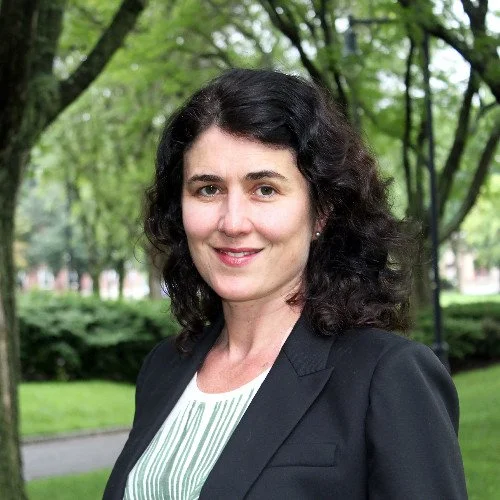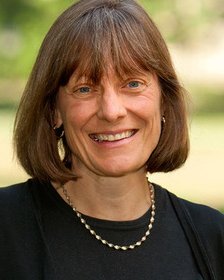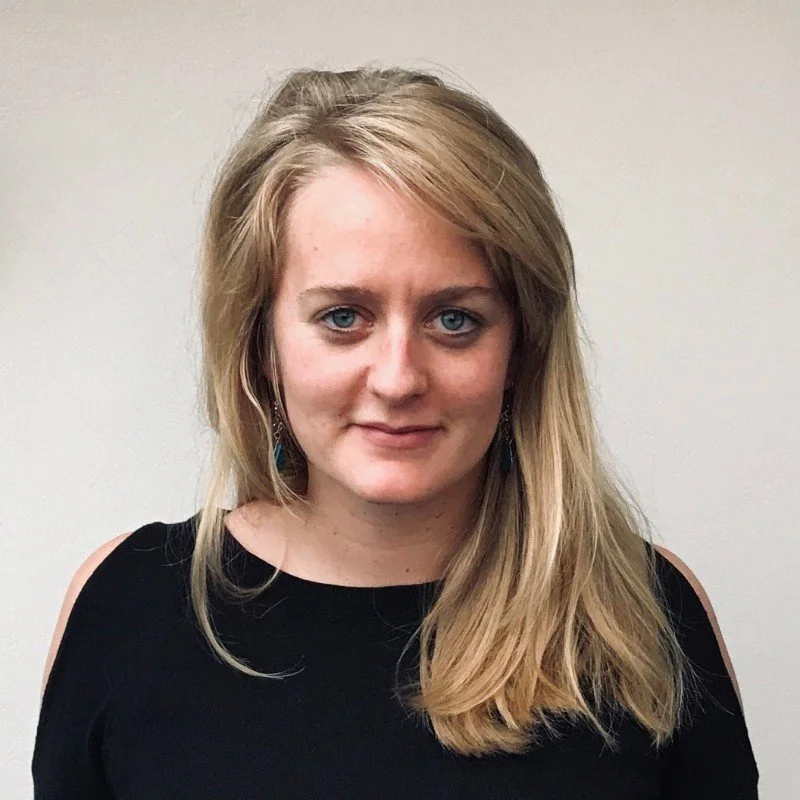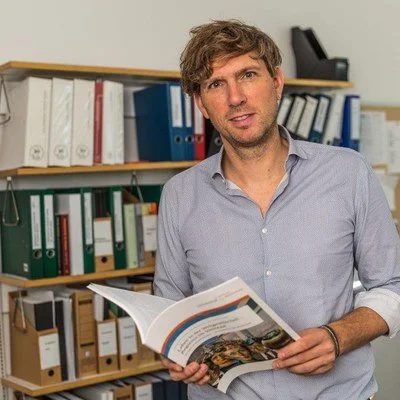Dealing with democratic backsliding: Anticipating impacts, new fragilities and old problems
11am, 27th May 2023
As we have witnessed in recent years and decades, democratic backsliding is taking place all over the world. This process of gradual democratic erosion poses a threat to the world order and international security in an unprecedented way, not only to democracies from within. Prominent examples of this long-term development include the EU, with several member states slipping back into other forms of autocratic and illiberal regimes, as well as the United States, Brazil, China, and Russia. This panel will focus on the new fragilities emerging from this process, their implications for Western states, and consequently for the international rule-based order and current pressing security issues. The panel will bring together speakers from France, Germany, and the United States. It will shed new light on how liberal democracies can anticipate and manage these multifaceted decompositions.
Speakers
-

Prof. Muriel Rouyer
Professor of Political Science, University of Nantes
Muriel Rouyer is a Professor of Political Science at the University of Nantes and a Senior Fellow at the Ash Center for Democratic Governance and Innovation at Harvard University. Her research interests include transnational democracy, feminism, and French politics. She has a Ph.D. in political studies from Sciences-Po Paris, and previously served as the general secretary of the Observatoire National de la Parité between 2000-2003. Rouyer has also worked at the European Parliament and has extensive international teaching experience.
-

Prof. Pamela Camerra-Rowe (PhD)
Professor of Political Science, Kenyon College
Pamela Camerra-Rowe is a professor of Political Science at Kenyon College in Gambier, OH, where she has taught comparative, European, and American politics since 1994. Her research focuses on the role and changing nature of political parties and party systems in western Europe, German politics, interest groups and their influence on policy, democratic governance and democratic backsliding. She is currently on sabbatical in Europe, where she is researching the strategies of European center-right parties in response to the rise of right-wing populist parties and working on a book on the fragility of democracy. She has served as an American Political Science Association Congressional Fellow in the U.S. Senate, a Robert Bosch Foundation Fellow in the German Economics Ministry and at the Institute for European Politics (Bonn), and a DAAD scholar at the University of Bonn. She earned a Ph.D. and MA in Political Science at Duke University and a BA at Davidson College (NC). She worked as a journalist for The Charlotte (NC) Observer, as the U.S. Supreme Court reporter for Education Daily and Higher Education, and as the editor of School Law News.
-

Amélie Jaques-Apke (Moderator)
Director General & Co-Founder of the Young Security Conference
Amélie co-founded and organised the first edition of the YSC back in 2020. She is a Franco-German political analyst and researcher with experience in European Affairs and diplomacy across Europe and the Americas.
-

Prof. Stephan Stetter (PhD)
Professor of International Affairs and conflict studies, University of the Bundeswehr
Stephan Stetter is Professor of International Politics and Conflict Studies at the Bundeswehr University Munich. His research priorities are theories of international politics in global modernity, primarily from a historical-sociological and socio-theoretical perspective; empires and (post)colonialism in international politics; politics, conflicts and society in the Middle East, specializing in particular on Israel and Palestine; and EU foreign relations, specializing in particular on the European Neighborhood Policy. His research work appears in leading journals and with leading book publishers.

